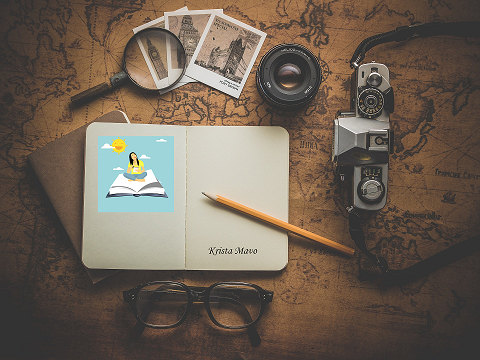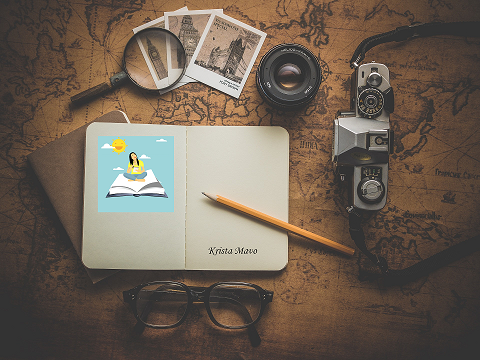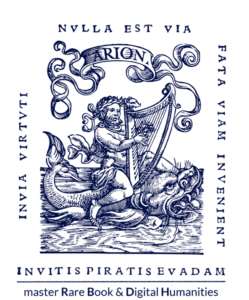Let me start a little philosophically:
What happens when we read? Is it a journey? And, what is travel? Is it moving from point A to point B? Is the goal the destination? Can only people travel? What about objects, ideas…books?
From the beginning of printing, and even before that, books, as rolls or codices, never stopped to change hands and location on the map (and so did the owners). Today most of them have been finally settled in Rare Book Collections at acclaimed institutions and libraries all over the world. But the scholars and librarians who study them are still in motion! They travel to see them, to preserve them, to be trained on them, to work where they are. Through masters such as the Rare Book and Digital Humanities Master, lovers of book history and of technology have the opportunity to experience studying in France and learn how to thrive in their field.
My intention in this article is to focus more on librarians and information specialists since I am one of them. The dissemination, conservation, preservation, and of course, defense of access to information for everyone are the main aspects of our profession. However, to understand better the digital age and simultaneously the history behind the material in our libraries, it is crucial to broaden our horizons by studying and working around the world. By these means, we become more confident about the users’ needs and the ways to reach them.

My passion has taken me from my hometown to an Ionian island, then to the US, to Florence, to Strasbourg, to Besançon. I have been a student, intern, trainee, volunteer, a professional, student once more. But through all these, I experience traveling-librarianship, which is a novel genre of information specialists who travel around the world, breaking with their comfort zones and gain new skills in different environments internationally.
The gained knowledge of the master has given me pivotal skills on a large variety of tools and techniques such as software, databases, computer languages, web design tools, and more, allowing me to use the in-depth knowledge of the context and the history around the book for working on many fascinating projects and positions. The creation of a Rare Book Blog in my mother tongue is only one of them. Based on all that, I will be able to do my traineeship as an assistant librarian in a great museum library, in Germany.
I hope that my next steps will continue to make me traveling around the world, experience other cultures, learning new things, and working in different libraries owning rare material and large databases!
From a traveler-librarian:
May you
Keep reading
Keep traveling
Keep learning
and love-love-love the Rare Book!

